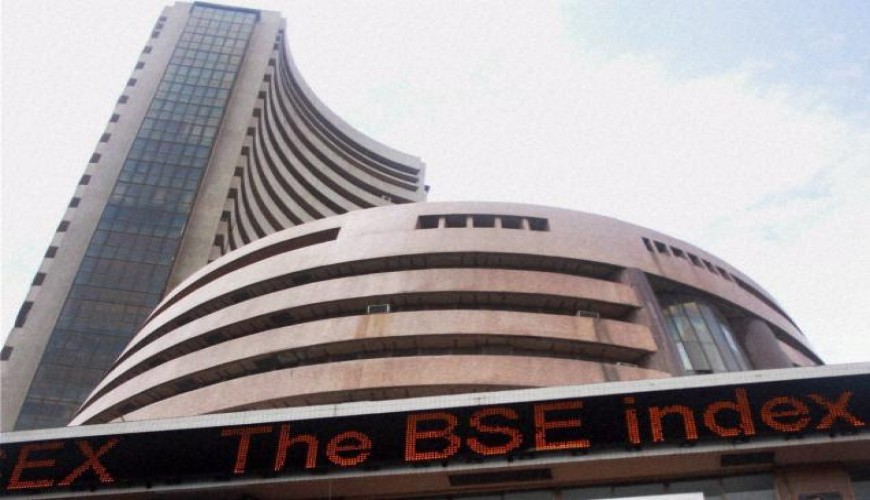Indian equity markets opened lower on Friday amid escalating tensions with Pakistan following India's targeted anti-terror operations under Operation Sindoor. The conflict flared after Pakistan attempted retaliatory aerial strikes on Indian military installations in Jammu, Pathankot, and Udhampur—attempts that were successfully neutralised by Indian air defence systems.
The Sensex initially plunged over 1,300 points in pre-market trades but pared much of the losses by market open. At 10:15 AM, the benchmark index was down by around 800 points at 79,462, while the Nifty hovered near 23,987, about 200 points lower than the previous close.
Despite geopolitical pressures, select stocks showed resilience. Titan, Larsen & Toubro, BEL, and Tata Motors were among early gainers, while Power Grid, ICICI Bank, Ultratech Cement, and Eicher Motors traded in the red.
Analysts believe the market's moderate response is driven by India’s evident military advantage and supportive macroeconomic factors. “In a typical war-scare scenario, the markets would have been hammered. But this time, India’s conventional superiority and strong global positioning are stabilising forces,” said VK Vijayakumar, Chief Investment Strategist at Geojit Financial Services.
Adding to market strength, a weak US dollar and signs of economic slowing in the US and China are bolstering foreign investor confidence in Indian equities. Foreign institutional investors pumped over ?2,000 crore into the markets on Thursday, exchange data shows.
India’s Operation Sindoor, launched in response to the Pahalgam terror attack that killed 26 civilians, targeted terror infrastructure in Pakistan and Pakistan-Occupied Kashmir. The operation has pushed Pakistan into a defensive posture, with global attention once again drawn to its role in fostering cross-border terrorism.
While tensions remain high, markets are expected to navigate the situation with caution and strength, anchored by India’s strategic advantage and global investor faith.








 OpinionExpress.In
OpinionExpress.In















Comments (0)